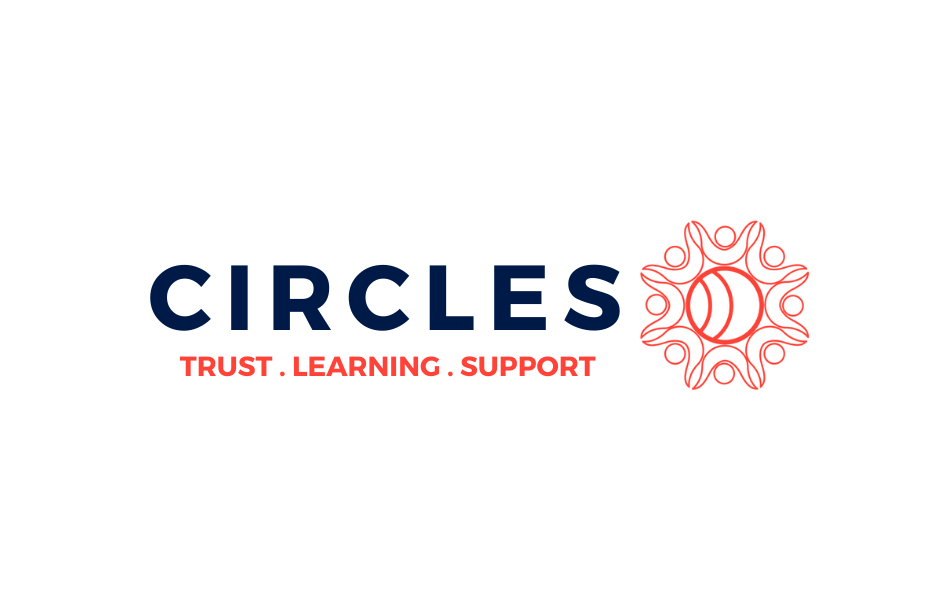Inquiry Over Advocacy: Can Asking Questions Lead to Better Ideas, Deeper Engagement, and More Lasting Change?
Bob McKinnon
Moving Up Media Lab
Amrit Dhillon
Consultant, Circles Program
The Communications Network
Session Summary:
If someone directly told you, “I think you are here because you’re privileged,” how would it make you feel? What about, “I think you should be doing more to help the environment?” When people are exposed to such assertions, the initial reactions aren’t always pleasant. The same experience happens with stories.
Anyone can have an important story with an urgent point to get across to readers and listeners, but if it’s perceived as too direct or accusatory, people may get uncomfortable or angry. We’re all communicators and advocates, but the way in which we choose to advocate will affect the intended impact of our message. It may be natural to communicate direct statements of cause and effect, but with the strength of a question, we can learn to invite others into a conversation.
Deep down, do we genuinely do enough question asking? Think about all of the first dates you’ve ever had. Chances are, the dates that were actually enjoyable consisted of a mutual flow of questions and answers, whereas the dates that went south may have involved one person doing most of the talking.
It turns out that two simple questions in a conversation or story can have profound impact, and the very act of asking a question can elicit behavior change. For example, in a survey of voters, 25% of people voted because they were asked if they were going to participate in the upcoming election. When you plant the seed of an idea, it can have a ripple effect on behavior.
With a culture of speed and instant messaging, it has become easy for communication professionals to develop talking points, but not questions. Yet, by validating the importance of another person through a question, we can begin to tear down the walls of telling habitual, inconsequential stories.
Slide Deck:
Additional Notes, Quotes, and Interesting Points:
It’s important to understand and reflect upon how you got into your own shoes before you can understand how other people stepped into their shoes.
Asking questions around complex topics is possible when you invite others to join in attempting to find a solution.
The power of a question will tend to be stronger than the power of a statistic
Questions are not limited to stories. They can also be used in the workplace by asking simple questions to co-workers that invite people to reflect on their own experience and move forward on topics that may be difficult to talk about.
Exercises or Questions Asked of the Audience:
Participants briefly shared why they believe that as a society, we don’t ask more public questions. Answers ranged from beliefs that the answers may be hard to hear, we think we already know the answers and that there is greater risk at losing control.
Examples Provided:
Instead of statements like, “You can do more to help the environment,” try inviting people in through questions like, “Do you want the planet to be here for the next generation?”
Compare the American Uncle Sam recruiting posters to the recruiting propaganda across the United Kingdom. The European “Daddy, what did you do in the great war?” approach gives viewers a different effect than our “I want you” declaration.
Resources & Tools:
Michele Norris’s The Race Card Project invited participants from around the world to answer the question: How would you distill your thoughts, experiences or observations about race into one sentence that only has six words?
Your American Dream Score invites people to jump-start an honest discussion around the role of inequality and opportunity in our lives.
Next Steps:
Three questions that need to be asked and reflected upon more in the workspace include: Does Inquiry work? Even on difficult issues? Will you ask more questions?
Questions from the Audience:.
Q: How could we invite people into the conversation that concerns the issue of ageism in the workplace?
A: Responses to this question not only came from Bob, but eager audience members, which included, “How would you like to be treated when you’re older?,” “How would you like someone to treat your grandparents?” and “How old would you be if you didn’t know your age?”
These notes were captured by Madison Donham and have been reviewed by the presenters Bob McKinnon, and Amrit Dhillon.


